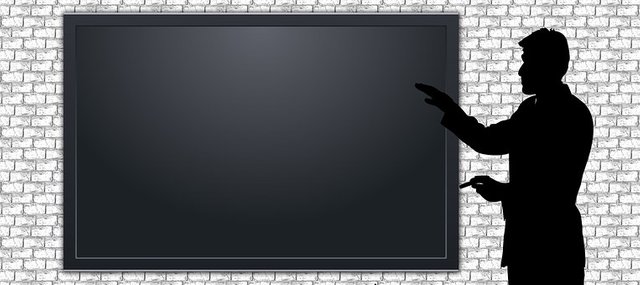TEACHING EDUCATION
Many of the debates that take place today on teacher training (initial and continuous) show a lack of focus on what is happening in the social, political, economic and technological daily life of the 21st century. Many of the narratives that appear in the debates on teacher training could be considered politically correct in the seventies, eighties or nineties of the twentieth century, but they contribute very little to the understanding of the current tensions between tradition and innovation that shake the teacher training centers.
We can not pretend to understand the present and trace a route towards the horizon with the look fixed in the mirror. Much less when the speed and the continuous acceleration of the innovations we are reborn about the future of teacher training. It is not about embracing the ideological discourse on the present as a significant reference, which dismisses the weight of the concrete historical in the modeling of tomorrow. The problem arises when the affirmations that were part of the "conceptual framework" are insufficient and we realize that the necessary culture of the pedagogical tradition does not always manage to merge with the epochal acceleration of innovation and its impact on the teaching-learning processes. It is then a dialectical revaluation of the indissoluble link between tradition, present and future to ensure that teacher training continues to be useful as an epistemic and paradigmatic reference to the exercise of the teaching profession.
The process of delegating the teaching profession has concrete expressions in the teacher training centers themselves. This is expressed in the fragmentation of the pedagogical components and discourses, which are difficult to rearm and achieve a sense of systemic unity in each course that takes place in teacher training centers. There are many evidences that we have in this regard, but one that draws special attention is the difficulty that today have the formators of trainers with whom I have participated in multiple spaces for meeting and reflection, to identify the components of pedagogy and the interactions between them are generated.
As in a dialogue of the deaf, three actors that should be articulated look for different places and design change perspectives that do not always integrate the other views. School and teachers, teacher training centers and trainers (as) of trainers (as), governments and decision makers in education policies, express tensions that disrupt them in an unreflective manner, generating the odious result of unified agendas of domination and dispersed resistance.
